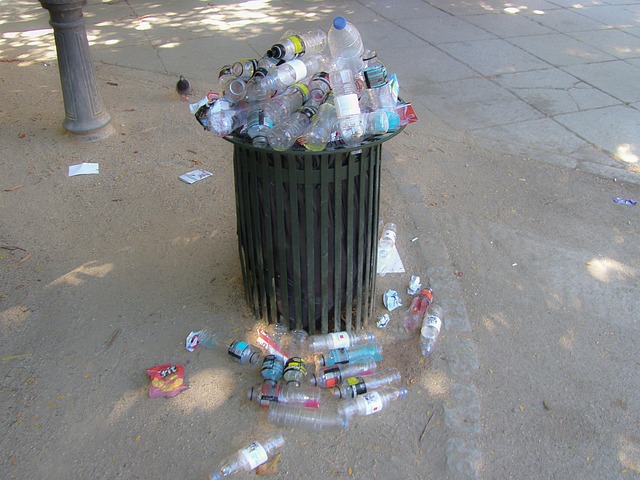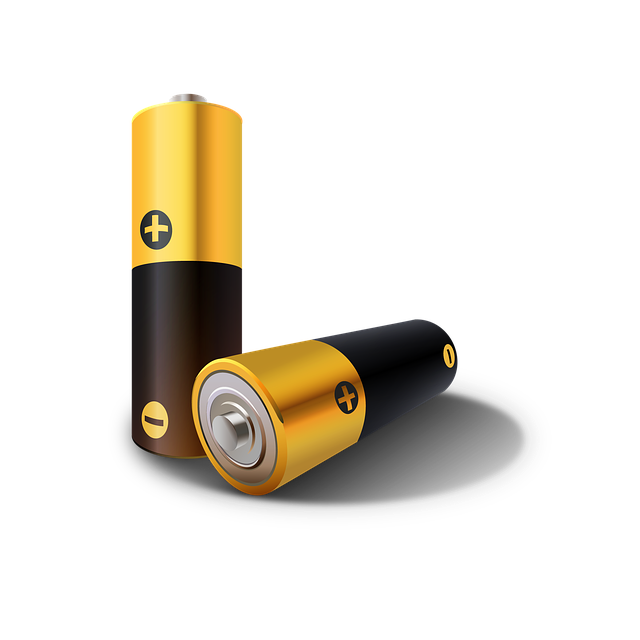Boston businesses adhere to the NYS electronic recycling law, managing e-waste responsibly and minimizing environmental contamination. The city embraces advanced technologies, sophisticated sorting, and accessible tech recycling drives, setting a sustainable example for other tech hubs. Community engagement through education and partnerships ensures compliance with strict regulations, contributing to a greener future under NYC's successful e-recycling model.
Boston’s tech industry is booming, but with great innovation comes significant e-waste. This article explores how the city navigates the NYS Electronic Recycling Law through local tech recycling drives. We delve into the impact of Boston’s tech sector on waste management, highlighting challenges and innovative solutions. From best practices to community engagement strategies, discover how Boston leads in responsible tech recycling. Additionally, we peek into future trends, showcasing potential innovations that could further revolutionize e-waste management in the city.
- Understanding NYS Electronic Recycling Law
- Impact of Boston's Tech Industry on Recycling
- Challenges and Solutions in Local Drives
- Best Practices for Effective Tech Recycling
- Community Engagement Strategies
- Future Trends: Boston Tech Recycling Innovations
Understanding NYS Electronic Recycling Law

In Boston, understanding and adhering to the NYS Electronic Recycling Law is paramount for businesses looking to manage their electronic waste responsibly. This law sets strict guidelines for the proper disposal or recycling of e-waste, aiming to minimize environmental contamination from hazardous materials commonly found in electronic devices. Businesses that operate within Boston are required to comply with these regulations, which involve proper collection, storage, and transportation of old tech.
Recycling initiatives in Boston are not only guided by state laws but also fueled by NYS incentives for businesses that actively promote electronic recycling. These incentives can include tax benefits, grants, or partnerships designed to encourage sustainable e-waste management practices. By participating in these programs, Boston businesses can contribute to a more eco-friendly future while ensuring they remain compliant with the NYS electronic recycling law.
Impact of Boston's Tech Industry on Recycling

Boston’s tech industry has significantly contributed to the city’s reputation as a hub for innovation, but it also presents unique challenges when it comes to recycling and sustainable practices. With a growing number of electronic devices in use, the impact on the environment is substantial. The NYS (New York State) electronic recycling law has become a pivotal factor in shaping Boston’s approach to e-waste management. This legislation mandates that businesses and organizations responsibly recycle or dispose of electronic equipment, encouraging more efficient and eco-friendly practices.
As a result, Boston has demonstrated its commitment to sustainable e-waste disposal by implementing various initiatives. These include training programs focused on NYS-specific electronic recycling methods for local workers, ensuring compliance with state laws. By comparing e-recycling techniques under NYC and Boston’s NYS-aligned regulations, the city aims to optimize its practices, reducing environmental impact and setting an example for other tech centers across the nation.
Challenges and Solutions in Local Drives

Boston tech companies face challenges in adhering to the NYS electronic recycling law, particularly when it comes to managing large volumes of e-waste generated by rapid technological advancements. The city’s diverse and dynamic nature presents both opportunities and hurdles for effective recycling drives. One significant challenge is ensuring that sensitive data is securely erased from electronics before they are recycled, a requirement under NYS regulations.
Local businesses often rely on specialized vendor partnerships to navigate these complexities. They offer NYS-mandated electronic recycling solutions tailored to meet Boston’s unique needs, providing secure data destruction and proper disposal of hazardous materials according to the NYS electronic waste disposal regulations. The best time to initiate these drives is during quarterly audits, allowing for a systematic approach to collecting and recycling electronics under the city’s NYS regulations, thereby promoting a sustainable tech environment.
Best Practices for Effective Tech Recycling

When organizing Boston tech recycling drives, it’s essential to adhere to best practices that ensure effective and responsible disposal of electronic waste (e-waste). Start by educating participants about the importance of proper e-waste management. Emphasize that many electronics contain hazardous materials like lead, mercury, and cadmium, which can contaminate soil and water if not disposed of correctly.
Complying with the NYS electronic recycling law is crucial for businesses and individuals in Boston. The NYS environmental initiatives for electronic recycling in Boston aim to reduce the amount of e-waste sent to landfills. Ensure that all collected items are sorted appropriately according to the Boston e-waste recycling laws updated recently. Be aware of the penalties for non-compliance with e-waste recycling laws in Boston, as regulations are strictly enforced to protect both the environment and public health.
Community Engagement Strategies

Community engagement is a vital strategy in Boston tech recycling drives, ensuring compliance with both local and state regulations, such as the NYS electronic recycling law. By actively involving residents, businesses, and schools, these initiatives can foster a shared responsibility for sustainable e-waste disposal. Educational campaigns, workshops, and partnerships with community leaders are effective tools to promote awareness about the importance of proper tech recycling and Boston’s commitment to leading in sustainable practices under the NYS mandate.
Recycle drives often utilize these engagement strategies to encourage participation, especially when updating the city’s e-waste recycling laws. Through creative outreach programs, Boston can ensure that old tech is recycled responsibly, contributing to a greener environment and staying aligned with the most recent e-waste management regulations in New York State.
Future Trends: Boston Tech Recycling Innovations

As Boston continues to lead in tech innovation, the city is also setting a strong example for sustainable electronic waste (e-waste) management. Future trends in Boston tech recycling drive towards more efficient and eco-friendly solutions, aligning with New York State’s (NYS) stringent electronic recycling law. The city’s commitment to sustainable e-waste disposal under NYS mandate is evident in the ongoing evolution of its recycling programs.
One key trend is the adoption of advanced technologies for safe disposal of electronics according to Boston’s NYS-compliant recycling program. These innovations include more sophisticated sorting mechanisms and recycling processes, ensuring that materials are not only recycled but also handled responsibly. The best time to recycle electronics under Boston’s NYS regulations is now, as the city pushes towards a greener future, with tech recycling drives becoming more frequent and accessible for residents.
Boston’s tech industry, while vibrant and bustling, faces unique challenges regarding electronic waste management. With the city’s growing importance in the tech sector, understanding and adhering to the NYS Electronic Recycling Law is crucial for fostering sustainable practices. By addressing current obstacles through innovative solutions, community engagement, and best practices, Boston can revolutionize its tech recycling efforts. Looking ahead, embracing emerging technologies and future trends will ensure that Boston remains a leader in responsible e-waste management, leaving a positive impact on both the local landscape and global sustainability efforts.














